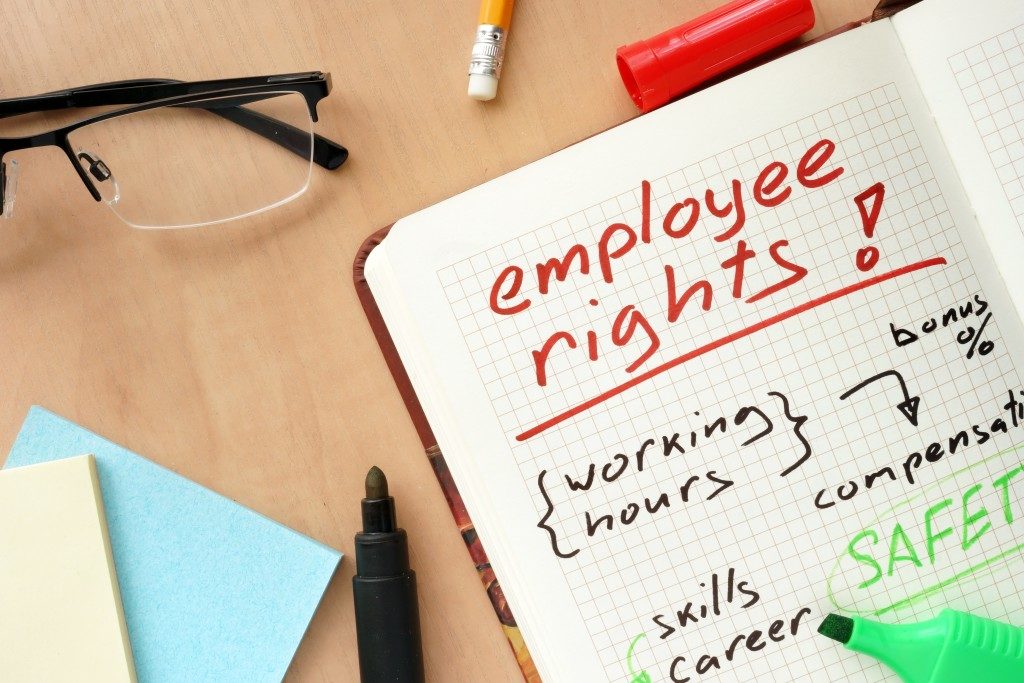No business is immune to the possibility of failure. In fact, according to the Bureau of Labor Statistics, about 30% of small businesses fail within the first two years. There are many reasons why a business might fail. It could be due to bad management, financial mismanagement, or even just plain bad luck. No matter the reason, there are some legal things you should be aware of if your business is failing. Here’s what you should know:
You may be personally liable for business debts
As a business owner, you may be personally liable for business debts if your company is failing. This means creditors can come after your personal assets, such as your home or your savings, to satisfy the debt. While this may seem unfair, it is essential to remember that you assumed this risk when you decided to go into business. When you sign a loan or enter into a contract, you are personally responsible for the debt, even if the business itself is the one who actually owes the money. This is why it is essential to be careful when taking on debt as a business owner.
If you are unsure whether you can repay a loan, it may be best to consult with an accountant or financial advisor before moving forward. Remember, your personal liability for business debts can have serious consequences, so it is important to be aware of the risks before taking on any new obligations.
You may be held liable for employees’ wages
As the head of a business, you are responsible for ensuring that your employees are paid their wages. However, if your business fails, you may not have the money to pay them. In this case, you may be held liable for their wages. This means that you will be responsible for paying them out of your own pocket. You may also be responsible for their legal fees and damages if you cannot pay their wages.
Additionally, if you are found to be in violation of wage laws, you may be subject to criminal penalties. As a result, it is important to ensure that you know your responsibilities as a business owner. If you are having financial difficulties, it is best to consult with an attorney to determine what options are available to you.
You may have to pay taxes on canceled debt
You may have to pay taxes on canceled debt if your business fails. When a lender cancels or forgives all or part of a debt you owe, the IRS sees this as income and taxes. The tax rate is the same as your marginal tax bracket. This means that if you are in the 25% tax bracket, you will owe $25 in taxes for every $100 of forgiven debt.
Canceled debt can also be taxed if it is restructured as part of a bankruptcy agreement. In this case, the tax is usually less than if the debt is simply canceled. However, it is still important to be aware of the potential tax implications of business failure.
You can file for bankruptcy
Filing for bankruptcy is often seen as a last resort for businesses, but in some cases, it can be the best way to protect your assets and give your company a fresh start. When you file for bankruptcy, an automatic stay is put in place, which prevents creditors from collections and gives you time to reorganize your finances.
Two types of bankruptcy are most commonly filed by businesses: Chapter 7 and Chapter 11. In a Chapter 7 bankruptcy, also known as a liquidation, the court will sell off your assets to pay your debts. In a Chapter 11 bankruptcy, also known as a reorganization, you’ll develop a plan to repay your debts over time.
If you’re considering filing for bankruptcy, you must speak with an experienced bankruptcy lawyer. They can help you understand the process and advise you on whether it’s the right course of action for your business. They can also help you navigate complex bankruptcy laws and ensure that your rights are protected.
When your business is failing, it’s essential to be aware of the risks you are taking on. You may be personally liable for debts, and have to pay employees’ wages and even taxes on canceled debt. Additionally, you may be able to file for bankruptcy to protect your assets. Speaking with an experienced lawyer is essential if you are considering this option. Knowing the legal liabilities and implications of business failure, you can make the best decisions for your company and yourself.




